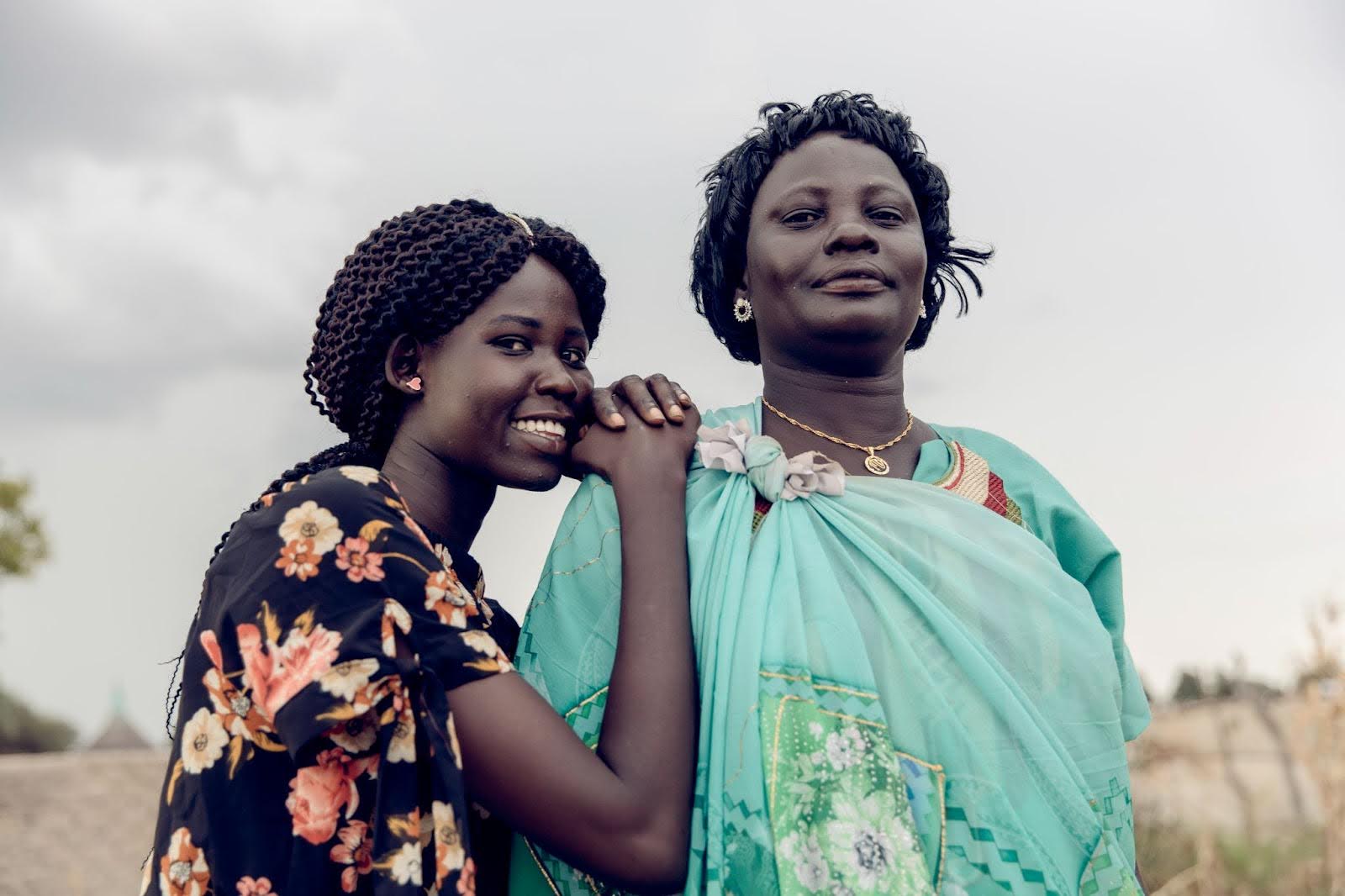
DMPA-SC Policy and System Analysis
Assessing the health system's readiness to implement and scale DMPA-SC.
The IRC has been piloting the self-administration of DMPA-SC (subcutaneous depot medroxyprogesterone acetate, a contraceptive injection) in South Sudan in Aweil East since January 2022. Having developed an evidence base on women’s experiences and stakeholders’ perspectives, we now seek to understand the system’s readiness for implementation of a self -injected DMPA-SC intervention within the scaling-up phase of the family planning program by the IRC and partner organizations in South Sudan. We will assess whether the health system can provide an enabling environment to deliver this service successfully by considering factors such as supply chain, policies and guidelines, training materials, and sustainable financing.
The IRC will use a case study design to investigate program and health system readiness for integration and scale-up of DMPA-SC self-injection. The case study design aims to produce a comprehensive analysis of the policy, program, and service delivery environment, leading to informed recommendations for future adjustments in family planning initiatives. The two primary objectives of the study are as follows:
- to assess strategies and guidelines for enabling DMPA-SC self-injection integration into family planning programs and expanding to vulnerable populations in South Sudan; and
- to assess system capacity to provide self-injection of DMPA-SC across multiple dimensions, including environmental and economic considerations, training, self-care promotion, and integrated emergency response plans and packages.
This assessment will serve as a baseline and inform proper planning and system strengthening for DMPA-SC integration into current programs, ensuring sustainability. It will also assess system capacity to address issues that arose from the pilot research pertaining to mechanisms to ensure safety and quality of care. These include monitoring and referral linkages for self-care, prevention, and mitigation strategies for adverse events such as misuse and intimate partner violence, and expansion of access for underrepresented groups.
Project Timeline
IRC kicks off health systems and policy analysis project
Protocol for the study finalized. Case study design aims to produce a comprehensive analysis of the policy, program, and service delivery environment, leading to informed recommendations for future adjustments in family planning initiatives.